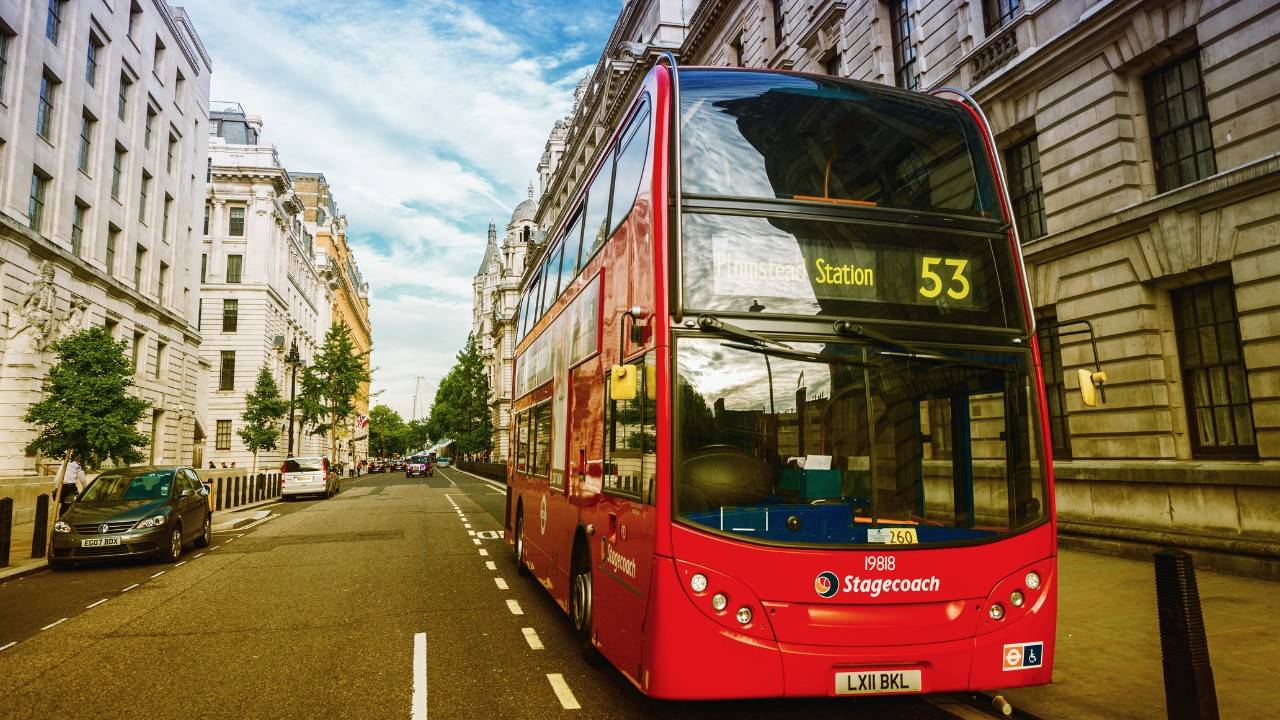Oxford is steering towards a greener future, positioning itself as a frontrunner in the UK’s sustainable transit scene with the launch of an impressive electric bus fleet. This addition of 159 battery-powered buses propels Oxford ahead of major cities like London, Glasgow, and Leicester in terms of electric buses per capita, marking a significant milestone in the nation’s shift towards zero-emission public transport.
The unveiling of this eco-friendly fleet, set to take place on Monday, symbolizes Oxford’s commitment to cleaner air and reduced traffic congestion. In an innovative move, the city council has pledged to ensure faster journey times for these electric buses, a commitment made in exchange for substantial investment from private operators.
This initiative ensures that only zero-emission buses will roam Oxford’s streets once the full fleet is operational, alongside additional measures to limit other traffic forms and further enhance air quality.
Funding for this ambitious £82.5m scheme primarily stems from Go-Ahead and Stagecoach, who have collectively contributed £43.7m towards purchasing the vehicles. The remaining funds have been secured through a combination of council and government resources, including a significant £32.8m grant from the Department for Transport’s Zebra scheme, dedicated to promoting zero-emission buses.
The collaboration between Go-Ahead and Stagecoach extends beyond investment, with both companies agreeing to rebrand their electric buses in a unified livery. This partnership is reinforced by the city’s commitment to reducing bus journey times by at least 10% compared to 2019 levels, a contractual obligation aimed at ensuring the venture’s profitability for the involved private entities.
Oxford’s landscape is already adapting to accommodate this green transformation, with numerous “bus gates” restricting access to most vehicles and further traffic filters planned for implementation by the end of 2024. These measures aim to nudge residents towards public transport or active travel options.
Despite facing some challenges, including increased traffic in low traffic neighbourhoods (LTNs) and delayed traffic-reducing measures, there’s a strong belief in the positive impact of these initiatives. Luke Marion, managing director of the Go-Ahead-owned Oxford Bus Company, acknowledges the current slowdown in bus speeds but remains optimistic about the future, particularly with the impending introduction of traffic filters.
Oxford Bus Company, contributing 104 of the 159 mostly double-decker electric buses, has established a robust charging hub capable of powering the entire fleet for a daily range of 170 miles. This move is a part of a broader national trend, with 2,776 battery-operated buses currently in service across the UK.
This green milestone in Oxford emerges amidst contrasting transportation decisions, notably the controversial choice to operate the new East-West railway line between Oxford and Cambridge with diesel trains instead of opting for electrification. Nevertheless, Oxford’s bold leap towards an all-electric bus fleet sets a powerful example for urban sustainability and marks a pivotal step in the UK’s journ.
More inspiring green news similar to this:

